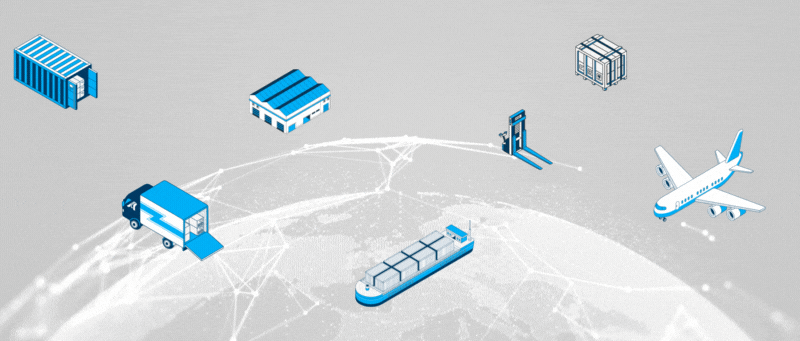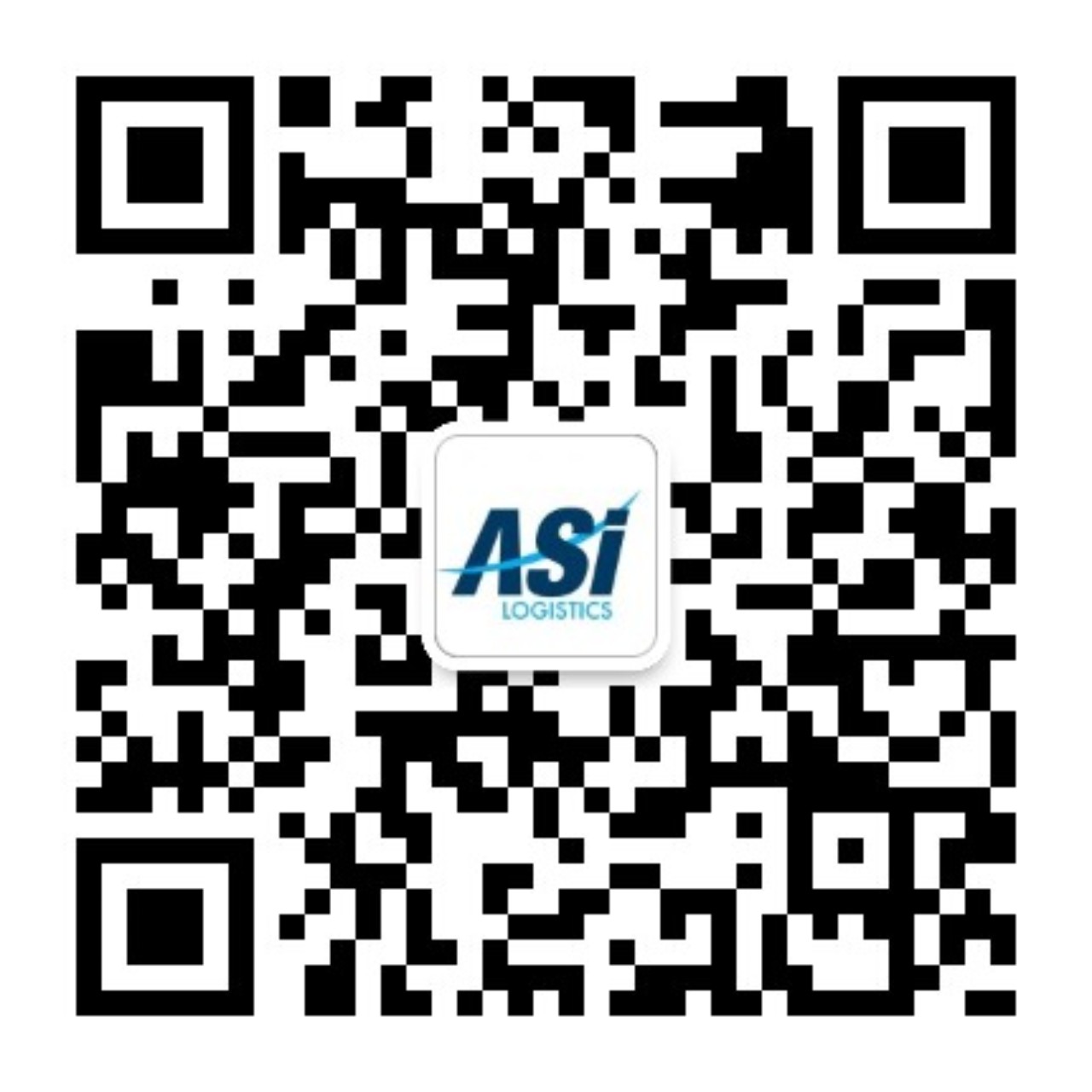In the case of China, the first two years of the Covid-19 pandemic have only seen little to no supply chain disruption, except for the initial outbreak and lockdown in 2020. Indeed, most disturbances were related to the virus’ effects on the main trade lanes to North America and Europe. China thus appeared as a reliable exporter in 2020 and 2021.
What about now? With the country’s zero-Covid policy coming to an end, and as international travel and thus business visits ease, one can wonder what does the future hold?
Let's find out!
Smoother Cross-Border and Inter-Provincial Operations
Cross-border operations that involve China have become smoother as authorities announced the “orderly reopening” of the land border crossings to “smooth customs clearance” at ports and the end of anti-covid measures for all imported cold-chain foods and non-cold chain items.
Concrete actions by many border cities have quickly followed these announcements.
For instance, the town of Ruili (Yunnan) now allows cross-border drivers to pass directly through the port to deliver goods, whereas before, there were to be different drivers on both sides of the border. The end of PCR test, health code requirements (that slowed down border crossing), and closed-loop system are among the most common changes. Cross-border land operations are thus to be smoother from now on.
In parallel, the domestic travel code (通信行程卡) going offline has meant that travel restrictions within the country have been lifted.
Both these sets of measures indicate smoother logistic operations within the country and between China and its neighbors.
Living With the Virus: What Does It Mean For Your Supply Chain Operations

Despite this easing of logistic operations, China turning away from the strict implementation of the dynamic zero-covid policy means that supply chain disruptions are likely to occur if workers fall sick.
However, most experts agree that these possible disruptions will not affect supply chains or demand for an extended period of time. According to them, the majority of the end of the policy's prominent effects will wane in the coming months. 2023 is thus likely to be marked by economic recalibration and a gradual return to pre-pandemic normality, all the while the population gets used to living with the virus and resumes regular consumption.
In short, one can expect short-term supply chain disruptions as the country reopens but an overall return to normalcy in the longer term, aided by smoother domestic and cross-border logistic operations.
No matter the context, ASI Logistics, strong with 15 years of expertise, provides you with the most adapted logistic solution to fit your needs and ensure you enjoy the benefits of smooth operations.
Thanks to our seven offices, including six conveniently located on China's east coast logistic hubs (Shanghai, Qingdao, Xiamen, Ningbo, and Hong Kong), its two branches in Ho Chi Minh City, Vietnam, and Phnom Penh, Cambodia, and its worldwide network of logistic experts, ASI Logistics accompanies you at every step of your product's journey from, to and within Asia.
Our Values

Get in touch with our teams!
Contact Us
Sources:
- China coronavirus updates: Latest Developments and Business Advisory. China Briefing News. (2023, January 5). Retrieved January 7, 2023.
- China eases cross-border freight curbs at land ports amid zero-covid exit. South China Morning Post. (2022, December 23). Retrieved January 7, 2023.
- China to adjust nucleic acid testing requirements for Int'l Arrivals. (n.d.). Retrieved January 6, 2023.
- Living with covid: What does the pivot mean for businesses in China? China Briefing News. (2022, December 28). Retrieved January 7, 2023.
- Managing China Manufacturing & Supply Chains during COVID outbreaks. China Briefing News. (2022, December 21). Retrieved January 7, 2023.


